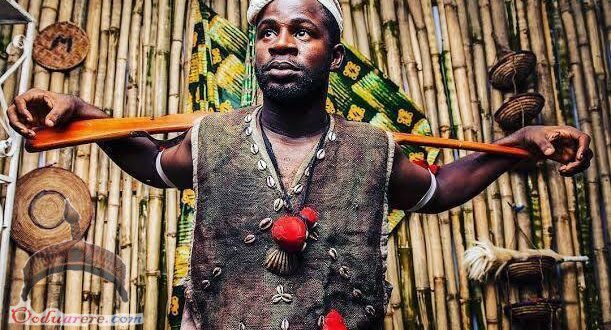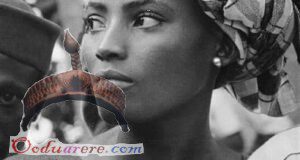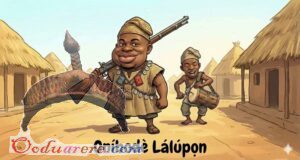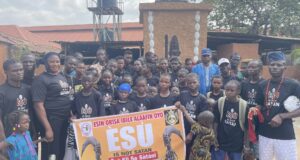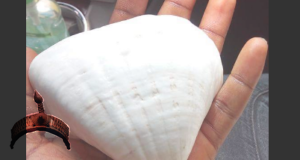Hunting is a major occupation, rite of passage, and source of food in Yoruba culture. Hunters are revered for their abilities and frequently linked to the Orisa Ògún, who are said to have been the original hunters. Traditional hunting customs include the use of charms, sacrifices, and particular training needs.
A closer view is provided here:
Historical Significance: Hunting has been practiced for many centuries in Yoruba territory, making it one of the oldest occupations.
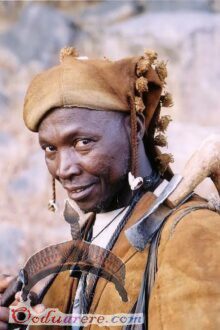
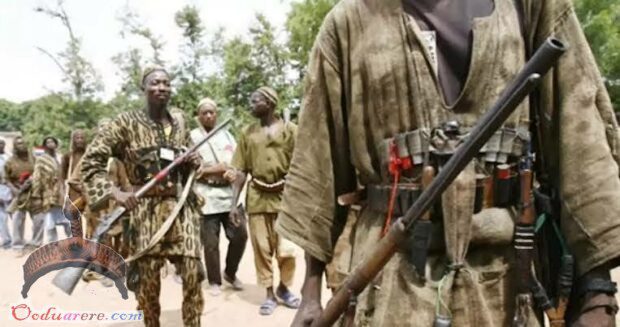
Respect and Reputation: Hunters are revered for their skill, and many are said to defend themselves with charms like Àféèrí, Kánòkò, and Egbé.
Rite of Passage: For young males, hunting is frequently seen as a ritual of passage that signifies their entry into maturity and capacity for provision.
Orisa and Spirituality: As the first hunter, Ògún, also known as the Orisa of iron, Ọlọdẹ (hunters), and Alágbẹ̀dẹ (blacksmiths), is the main character in Yoruba hunting spirituality.
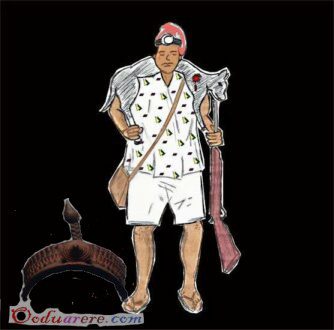
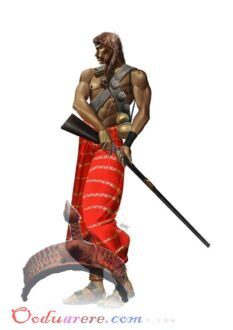
Practices and Training: Hunting involves a great deal of training, which includes understanding traditional medicine, hunting tools, animal psychology, and bush survival.
After every hunting trip, hunters frequently sacrifice, particularly for huge animals like pythons, buffaloes, and elephants.
Names and Legacy: According to Alamoja Yoruba Online School, some families give their kids names like Ògúnwálé, Ọdẹbíyìí, and Ògúnyẹmi to represent their ties to the hunting industry.
Music and Storytelling: The Yoruba people’s rich musical traditions, which are associated with hunting and gathering, demonstrate their awareness of the natural world and its resources.
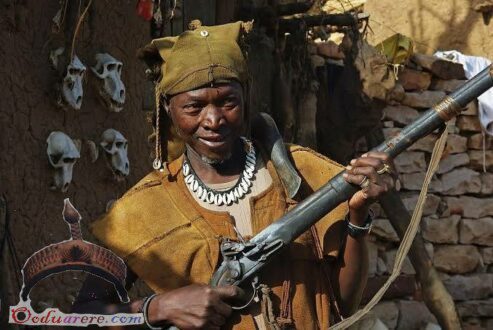
Cultural Significance: Hunting is a way of life that shows a strong bond with the land and the spirits that live there, and it goes beyond simply producing food.
 Ọmọ Oòduà Naija Gist | News From Nigeria | Entertainment gist Nigeria|Networking|News.. Visit for Nigeria breaking news , Nigerian Movies , Naija music , Jobs In Nigeria , Naija News , Nollywood, Gist and more
Ọmọ Oòduà Naija Gist | News From Nigeria | Entertainment gist Nigeria|Networking|News.. Visit for Nigeria breaking news , Nigerian Movies , Naija music , Jobs In Nigeria , Naija News , Nollywood, Gist and more

